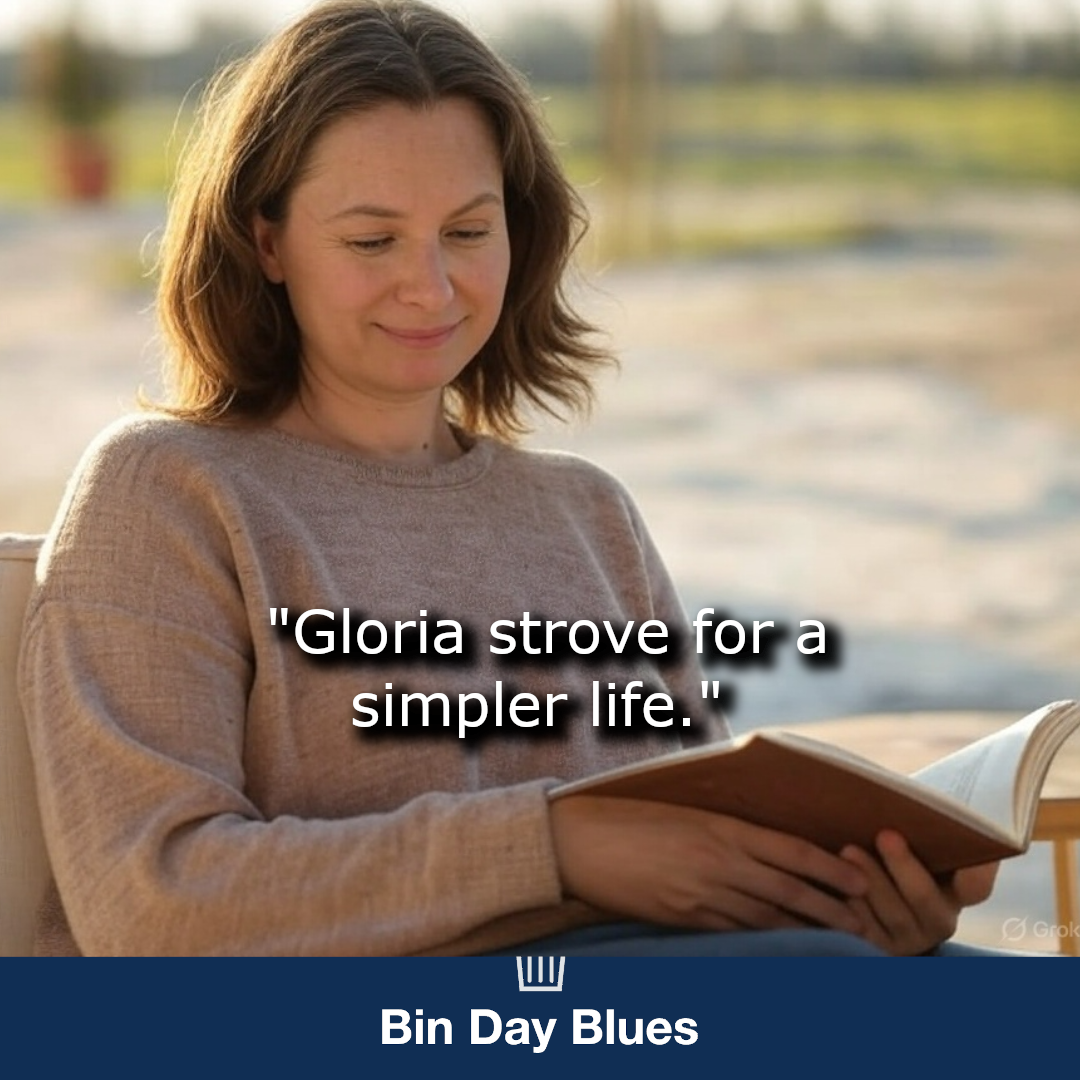A Simple Life
The Case for Simplicity: Why Less Is More
In an era defined by relentless connectivity, consumerism, and complexity, the idea of embracing a simpler life has become of real importance. A simple life doesn’t mean abandoning ambition or modern conveniences; rather, it involves intentionally reducing clutter and nonsense—both physical and mental—to focus on what truly matters. There are compelling reasons and benefits to consider this shift.
How Minimalism Reduces Stress
First, simplifying life can reduce stress. Modern society often equates busyness with success, leaving people overwhelmed by packed schedules and endless notifications. By cutting down on commitments and possessions, people can reclaim time and mental clarity. Studies suggest that minimalism—owning fewer, meaningful things—correlates with lower anxiety levels, as it eliminates the burden of maintaining excess.
Financial freedom is another advantage. A simpler life often means spending less on non-essentials, from trendy gadgets to oversized homes. This can lead to savings, reduced debt, and greater flexibility—perhaps even the ability to work less or pursue passions over profit. The minimalist movement highlights how intentional spending aligns resources with personal values rather than societal pressures.
Relationships also benefit. People can invest more in meaningful connections when distractions like social media or material pursuits fade. A simple life encourages presence over superficial engagements, such as sharing a quiet meal with family or a walk with friends. Research shows that strong social bonds boost happiness and longevity, far outweighing the fleeting thrill of accumulation.
Finally, simplicity enables sustainability. Consuming less crap reduces your environmental footprint, aligning personal choices with the urgent need to address climate change. Growing your food or repairing rather than replacing items cultivates a deeper appreciation for resources.
Critics might argue simplicity sacrifices progress or comfort, but it’s less about deprivation and more about intention. A simpler life offers peace, purpose, and resilience—antidotes to a chaotic and hollow world.
Making Life More Simple
Here are five practical ways to apply the principles of a simpler life, along with detailed explanations of how they can be implemented and their potential impact:
Declutter Your Space
Start by minimising physical possessions. Assess your home room by room, keeping only items that serve a purpose or bring genuine joy. Donate, sell, or recycle the rest. For example, reduce your wardrobe to a capsule collection of versatile pieces or clear out unused kitchen gadgets. This will create a calmer environment, save time on cleaning, curb the impulse to overbuy and foster mindfulness about what you truly need.Simplify Your Schedule
Audit your commitments and prioritise quality over quantity. Say no to non-essential obligations, whether they’re an extra work project or a social event that drains you. Use a calendar to block off time for rest, hobbies, or family. For instance, limit meetings to two days a week or designate evenings for unplugging. This reduces burnout, enhances focus, and allows deeper engagement in what remains.Limit Digital Consumption
Cut back on screen time and digital noise. Unsubscribe from unnecessary emails, mute group chats, and set boundaries for social media—perhaps a 30-minute daily cap. Replace scrolling with analogue activities like reading or gardening. This declutters your mind, improves sleep (especially if done before bed), and frees up hours for creative or restorative pursuits.Adopt Mindful Spending
Shift from impulse buying to intentional purchases. Before buying, ask: “Do I need this? Will it add value?” Create a budget that prioritises home instead of daily takeout. This builds financial security and aligns spending with personal goals rather than fleeting trends.Embrace Self-Sufficiency
Learn basic skills like cooking, mending clothes, or growing herbs. Start small—plant a windowsill garden or repair a torn shirt instead of replacing it. This reduces reliance on convenience, saves money, and fosters a sense of accomplishment while promoting sustainable living.
These steps, tailored to individual circumstances, cultivate a simpler, more intentional life with lasting benefits.

